Home>diy>Building & Construction>How Does Buying A Pre-Construction Condo Work
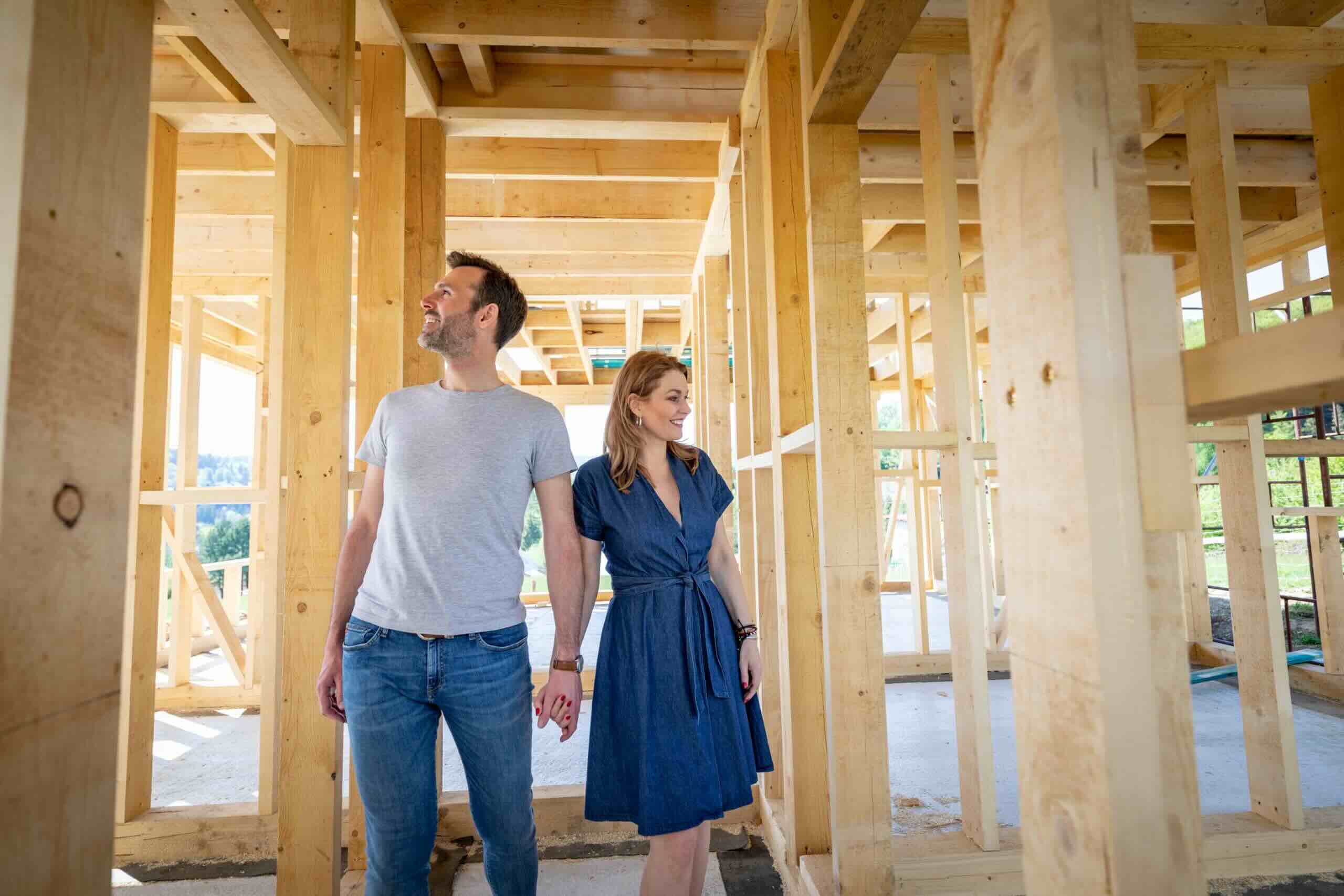

Building & Construction
How Does Buying A Pre-Construction Condo Work
Modified: January 9, 2024
Learn how buying a pre-construction condo works and get insights into the building construction process. Plan your investment wisely with valuable tips and advice.
(Many of the links in this article redirect to a specific reviewed product. Your purchase of these products through affiliate links helps to generate commission for Storables.com, at no extra cost. Learn more)
Introduction
Buying a pre-construction condo can be an exciting and profitable venture. It allows you to become a part of the building process from the ground up and offers the chance to customize your living space to your preferences. However, navigating through the process can be overwhelming without proper understanding and preparation.
In this article, we will explore the ins and outs of buying a pre-construction condo, from the initial research phase to the final closing. By the end, you will have a clear understanding of the steps involved and the potential benefits and considerations to keep in mind.
So, let’s dive in and discover how buying a pre-construction condo works.
Key Takeaways:
- Buying a pre-construction condo offers lower initial costs, customization options, and potential for appreciation. Thorough research and understanding of the process are crucial for a successful investment.
- The pre-construction condo buying process involves careful consideration of developers, reservation, deposit structure, financing options, and potential risks. Open communication and proactive decision-making are essential for a satisfying experience.
Read more: How Does Buying New Construction Work
Benefits of Buying a Pre-Construction Condo
Investing in a pre-construction condo offers several advantages that make it an attractive option for many buyers. Here are some of the key benefits:
- Lower Initial Costs: One of the main advantages of buying a pre-construction condo is the opportunity to secure a unit at a lower price compared to an already built property. Developers often offer special pricing and incentives during the early stages of a project, allowing buyers to capitalize on potential appreciation.
- Customization Options: Buying a pre-construction condo gives you the chance to personalize your living space. From selecting the layout and finishes to choosing upgrades and amenities, you have more control over the final design of your unit.
- Newer Construction and Modern Amenities: Pre-construction condos typically feature modern architecture, the latest building materials, and advanced amenities. This ensures that you will enjoy a contemporary living experience with superior functionality and convenience.
- Potential for Appreciation: Buying a condo in a booming real estate market or an up-and-coming neighborhood can lead to substantial appreciation over time. By getting in at the ground level, you have the potential to benefit from the natural growth and development of the area.
- Warranty Protection: Purchasing a pre-construction condo often comes with warranty coverage. In many cases, developers provide a Tarion warranty or an equivalent, which protects buyers against major structural defects and other issues for a specified period after the completion of the project.
- Delayed Payment Schedule: When buying a pre-construction condo, payments are typically spread out over the construction period. This can provide more flexibility in your financial planning, allowing you to allocate funds over time rather than paying a lump sum upfront.
These benefits make buying a pre-construction condo an appealing choice for investors, first-time buyers, and those looking for a customized living experience. It’s important, however, to thoroughly research and understand the potential risks and considerations before making a decision.
Researching Developers and Projects
One of the most crucial steps in the process of buying a pre-construction condo is researching developers and projects. Trusting a reputable developer is essential to ensure the successful completion of the project and the delivery of a quality condo unit. Here are some key considerations when conducting your research:
- Developer’s Track Record: Start by researching the developer’s track record and reputation. Look into their previous projects and assess their quality, timeliness, and customer satisfaction. Check online reviews and testimonials to get a sense of the developer’s credibility.
- Financial Stability: It’s important to ensure that the developer is financially stable and capable of completing the project. Look into their financial standing, including their ability to secure financing, pay contractors, and manage any unexpected challenges that may arise during construction.
- Location and Market Analysis: Analyze the location of the pre-construction project and its potential for growth and demand. Consider factors such as proximity to amenities, transportation, employment opportunities, and projected development in the area. Conducting thorough market research can help you assess the investment potential of the condo.
- Project Plans and Features: Review the project plans, including the architectural design, floor layouts, amenities, and proposed timeline. Assess the quality of the materials and finishes to ensure they meet your expectations. Pay attention to the proposed completion date and any potential delays.
- Consult with Real Estate Professionals: Seek guidance from real estate agents or industry professionals who are familiar with the local market and have experience with pre-construction condos. They can provide valuable insights, answer your questions, and assist you in making an informed decision.
- Legal Considerations: Review the legal documents and contracts associated with the pre-construction project. Ensure that they are clear and include important provisions such as the deposit structure, cancellation policy, warranty details, and any other pertinent information.
By thoroughly researching developers and projects, you can minimize the risks associated with buying a pre-construction condo and increase your chances of a successful and satisfying investment.
Reservation Process
Once you have conducted your research and identified a pre-construction condo project that meets your criteria, the next step is to secure your unit through the reservation process. Here’s an overview of how the reservation process typically works:
- Contact the Developer: Get in touch with the developer or their sales team to express your interest in purchasing a unit. This can be done either through their website, by phone, or by visiting the sales office.
- Review the Floor Plans: Obtain detailed floor plans of the available units and carefully evaluate them. Consider factors such as size, layout, orientation, and any specific features or upgrades you are interested in.
- Submit a Reservation Form: Fill out and submit a reservation form provided by the developer. This form typically requires your personal information, preferred unit details, and payment information.
- Reservation Deposit: Pay the reservation deposit as outlined by the developer. This deposit varies but is typically a percentage of the total purchase price, often ranging between 5% and 10% of the unit price.
- Reservation Agreement: Upon payment of the reservation deposit, you will receive a reservation agreement from the developer. This agreement outlines the terms and conditions of the reservation, including the deposit structure, unit details, and any associated timelines.
- Understanding the Cooling-Off Period: In many jurisdictions, there is a cooling-off period after the reservation. This period allows you to review the agreement, seek legal advice if necessary, and potentially cancel the reservation without penalty.
- Confirmation of Reservation: Once the cooling-off period has passed, and you have decided to proceed with the purchase, the developer will confirm your reservation. At this point, the process moves forward to the next stage, which involves signing the sales agreement.
It’s important to note that the reservation process and associated timelines can vary depending on the developer and the specific project. It is crucial to thoroughly read and understand the terms and conditions outlined in the reservation agreement before moving forward.
Now that you have successfully reserved your pre-construction condo unit, the next step is to understand the deposit structure and financing options available for your purchase.
Deposit Structure
The deposit structure for buying a pre-construction condo is an important aspect to consider as it outlines the payment schedule and amounts required throughout the construction period. Here is a general overview of how the deposit structure typically works:
- Initial Deposit: Shortly after reserving your unit, you will be required to make an initial deposit. The amount can vary but is often around 5% of the total purchase price. This deposit is due within a few weeks of confirming your reservation.
- Additional Deposits: As the construction progresses, developers will typically require additional deposit payments at specific milestones. These milestones are usually based on the percentage of completion of the project and are outlined in the purchase agreement.
- Interim Deposits: Interim deposits, also known as stage deposits, are made at certain intervals during the construction process. These deposits are typically larger than the initial deposit and can range from 10% to 20% of the total purchase price.
- Final Deposit: The final deposit, also called the closing deposit, is typically due upon occupancy or a few months before the actual closing date. This deposit amount is outlined in the purchase agreement and usually ranges from 5% to 10% of the total purchase price.
- Total Deposit Amount: By the time of final closing, the total deposit amount paid will typically add up to approximately 20% to 25% of the total purchase price. However, this can vary depending on the developer’s requirements and the specific terms of the purchase agreement.
- Deposits are held in Trust: It’s important to note that all deposit amounts are usually held in trust by the developer’s lawyer or a designated trust account until the completion of the project.
- Deposit Protection: In some jurisdictions, such as Ontario, Canada, pre-construction condo deposits are protected by legislation like the Tarion Warranty Corporation. This protection ensures that your deposit is safeguarded in the event of a developer’s default or other issues.
Understanding the deposit structure is essential for planning your finances and meeting the payment obligations throughout the construction period. It’s crucial to review the purchase agreement carefully and consult with your real estate lawyer to ensure you are fully aware of the deposit requirements and any associated terms and conditions.
Now that you have a good understanding of the deposit structure, let’s explore the financing options available when purchasing a pre-construction condo.
Read more: What Is Pre-Construction In Construction
Financing Options
When buying a pre-construction condo, there are several financing options available to help you secure the necessary funds for your purchase. Here are the common financing options to consider:
- Mortgage Financing: The most common financing option is obtaining a mortgage from a financial institution. Typically, you will need to secure a mortgage approval before the final closing date. It’s important to shop around for the best mortgage rates and terms to ensure you get the most favorable financing for your situation.
- Construction Financing: In some cases, developers partner with specific lenders who offer construction financing to buyers. This type of financing is specifically designed for pre-construction condos and provides funds to cover the stages of construction. Construction financing may have different terms and requirements than traditional mortgages, so it’s recommended to explore this option with your developer or lender.
- Personal Savings: If you have sufficient personal savings, you may choose to pay for a portion or the entire purchase price of the pre-construction condo upfront. This option eliminates the need for mortgage financing, and you can avoid paying interest on a loan.
- Line of Credit or Home Equity: If you already own a property, you may be able to access funds through a line of credit or by leveraging the equity in your current home. This can provide a source of financing to cover the deposit or even the entire purchase price of the pre-construction condo.
- Vendor Financing: In some cases, developers may offer vendor financing, where they provide financing directly to the buyer. This option can be advantageous if you have difficulty securing traditional mortgage financing or prefer the convenience of dealing directly with the developer for your financing needs.
- Other Financing Options: Depending on your financial situation, you may explore alternative financing options such as private lenders, family loans, or partnerships with other investors. These options should be carefully considered and reviewed with the guidance of a financial advisor or mortgage broker.
It’s crucial to start your financing process early and ensure you have a clear understanding of the financing options available to you. Consult with a mortgage broker or financial advisor to assess your options, determine your budget, and secure the necessary financing before the final closing date.
Now that we’ve covered the financing options, let’s delve into the contract and closing process for pre-construction condos.
Contract and Closing
Once you have reserved your pre-construction condo, secured financing, and made the necessary deposits, the next step is the contract and closing process.
The contract is a legally binding agreement between you and the developer, outlining the terms and conditions of the purchase. Here are the key elements involved in the contract and closing process:
- Purchase Agreement: The purchase agreement is the main contract that governs the sale of the pre-construction condo. It includes details such as the purchase price, unit specifications, deposit structure, payment schedule, occupancy date, and any other relevant terms and conditions.
- Legal Review: It’s important to have the purchase agreement reviewed by your real estate lawyer before signing. Your lawyer will ensure that your interests are protected, clarify any ambiguities, and provide advice on any legal implications of the contract.
- Amendments and Addendums: During the construction period, there may be changes or amendments to the original purchase agreement. These changes could relate to unit specifications, finishes, or other aspects of the project. It’s important to review and sign any amendments or addendums that come up along the way.
- Final Walkthrough: As the completion date approaches, you will have the opportunity to do a final walkthrough of the unit. This is your chance to inspect the condo, ensure that all finishes and fixtures are as specified in the purchase agreement, and report any deficiencies to the developer for rectification before closing.
- Closing Costs: In addition to the purchase price, you will need to budget for closing costs. These costs typically include land transfer taxes, legal fees, title insurance, and, in some cases, development charges or educational levies. It’s important to understand and budget for these costs in advance.
- Issuance of Occupancy Permits: Once the building is complete and deemed safe for occupancy, the developer will obtain occupancy permits from the local municipality. At this stage, you will be allowed to move into your unit, although the project may not have reached its final closing stage yet.
- Final Closing: The final closing occurs once the project is fully completed, and the developer has obtained a final occupancy permit from the municipality. At this point, you will complete the purchase by paying the remaining balance, including any adjustments, closing costs, and applicable taxes. You will then receive the title to your unit.
The contract and closing process can vary depending on the developer and the jurisdiction. It’s crucial to read and understand the terms and conditions of the purchase agreement, work closely with your real estate lawyer, and communicate with the developer throughout the process to ensure a smooth and successful closing.
Now that we have covered the contract and closing process, let’s explore the selection of finishes for your pre-construction condo.
Before buying a pre-construction condo, research the developer’s track record, understand the deposit structure, and review the floor plans and contract carefully.
Selection of Finishes
One of the exciting aspects of buying a pre-construction condo is the opportunity to customize your living space by selecting finishes that suit your taste and style. The selection of finishes will typically take place during the construction period. Here’s what you need to know about this process:
- Design Center Visit: The developer will schedule a visit to the design center, where you can choose from a variety of finishes for your unit. This may include options for flooring, cabinetry, countertops, appliances, plumbing fixtures, and lighting.
- Consulting with Design Professionals: During your visit to the design center, you will have the opportunity to consult with design professionals who can provide guidance and recommendations based on your preferences and budget. They will help you navigate the available options and make selections that align with your vision for your condo.
- Budget Considerations: It’s important to have a clear idea of your budget for finish selections before visiting the design center. This will help you make informed choices and avoid any unexpected costs. Discuss your budget with the design professionals, who can guide you towards suitable options within your price range.
- Timeline: The selection of finishes is typically done during specific time frames set by the developer. It’s essential to adhere to these deadlines to ensure timely completion of the unit and avoid any delays in the construction process.
- Consider Resale Value: When selecting finishes, it’s important to strike a balance between personal preferences and resale value. Opting for neutral and timeless finishes can ensure broader appeal if you decide to sell your condo in the future.
- Upgrade Options: In addition to the standard finishes offered by the developer, there may be upgrade options available at an additional cost. These upgrades can include premium flooring, upgraded appliances, custom cabinetry, or unique design features. Consider these options carefully and assess their value and impact on your budget.
- Documentation: Make sure to keep detailed documentation of your finish selections. This will serve as a reference during the construction process and help ensure that the finished product aligns with your chosen finishes.
Remember, the selection of finishes is an exciting opportunity to put your personal touch on your pre-construction condo. Take the time to research different options, consult with design professionals, and make choices that will create a space you will love to call home.
Now that we have explored the selection of finishes, let’s move on to the construction period and what to expect during this time.
Construction Period
Once the reservation, financing, and selection of finishes are complete, the pre-construction condo enters the construction period. This is an exciting phase as you witness your new home take shape. Here’s what you can expect during the construction period:
- Clear Communication: The developer will provide regular updates on the progress of the construction. These updates may come in the form of newsletters, emails, or meetings. It’s important to stay in communication with the developer to stay informed about any changes or updates.
- Site Visits Restrictions: Due to safety concerns, access to the construction site is typically restricted to authorized personnel only. This means you will not have regular access to the site while the construction is underway.
- Construction Timeline: The construction timeline provided by the developer outlines the expected completion date of the project. Keep in mind that construction timelines can be subject to factors beyond the developer’s control, such as weather conditions or unforeseen delays. Patience is key during this phase.
- Quality Assurance: The developer is responsible for ensuring that the construction meets building codes and quality standards. Independent inspections may be conducted throughout the construction process to verify compliance. It’s important to notify the developer promptly if you notice any issues or inconsistencies during site visits or walkthroughs.
- Updates on Finishes: As the construction progresses, the developer may provide updates on the availability and selection of finishes. Stay in touch with the developer or their designated representatives for any updates and requirements related to the finish selections you made earlier.
- Respecting Construction Zones: During the construction period, it’s important to respect and adhere to the designated construction zones. These areas may include restricted access areas, construction fencing, or safety barriers. Adhering to these guidelines ensures your safety and helps maintain an efficient construction process.
- Collaboration with Developer: If you have any questions or concerns during the construction period, reach out to the developer or their designated contacts. They are there to assist you and address any queries you may have.
- Updates on Occupancy Date: As the construction progresses, the developer will provide updates on the estimated occupancy date. This is the date when you will be able to move into your new condo unit. Keep in touch with the developer to plan your move accordingly.
During the construction period, stay informed, be patient, and maintain open communication with the developer. Your new condo will gradually take shape, and before you know it, you will be ready to move in.
Now, let’s explore what happens on the occupancy date and the final closing of your pre-construction condo.
Occupancy Date
The occupancy date of your pre-construction condo is an exciting milestone as it marks the point at which you can move into your new home. Here’s what you need to know about the occupancy date:
- Definition of Occupancy: Occupancy refers to the time when the developer deems the building safe and habitable for residents. It signifies that construction is complete to a level that allows occupancy, although final touches and common area amenities may still be under construction.
- Obtaining Occupancy Permits: Prior to the occupancy date, the developer must obtain the necessary permits from the local municipality to certify the safety and compliance of the building. These permits indicate that the building meets appropriate building codes and regulations.
- Notification from the Developer: The developer will provide you with a written notice indicating the specific occupancy date. This notice will include important information such as move-in procedures, utility connections, and any requirements or restrictions during the occupancy period.
- Partial Occupancy: In some cases, the occupancy of the pre-construction condo may be granted on a phased basis, with certain floors or sections of the building made available for occupancy before the entire project is completed. If this applies to your condo, the developer will specify the details and timeline in the notice of occupancy.
- Costs During Occupancy: During the occupancy period, you will be responsible for paying the occupancy fees, which typically include a monthly occupancy fee, equivalent to the interest on the unpaid balance of the purchase price, as well as maintenance fees and property taxes for your unit. These fees are not considered mortgage payments as final closing has not yet occurred.
- Preparing for Final Closing: While you occupy your unit, the developer will complete any remaining construction work, finalize common areas, and obtain the necessary clearances and permits for the final closing. The developer will provide updates on the progress and estimated timeline for the final closing.
- Inspection and Reporting: During the occupancy period, thoroughly inspect your unit and report any deficiencies to the developer. The developer is responsible for addressing these issues before the final closing. Make sure to document and communicate any concerns in writing.
- Final Closing Date: The final closing date occurs once the developer has completed all construction work and obtained all necessary permits and clearances. On this date, you will complete the purchase by paying the remaining balance, closing costs, and any adjustments. At this point, the title to your unit will be transferred to you.
It’s important to stay in communication with the developer during the occupancy period to ensure a smooth transition to the final closing. Be prepared to coordinate your move and take care of any necessary arrangements for utilities, insurance, and other related matters.
With the occupancy date approaching, you are one step closer to enjoying your new pre-construction condo. Now, let’s explore the final closing process and some potential risks and considerations to keep in mind.
Final Closing
The final closing of your pre-construction condo is the culmination of the entire buying process, where you officially become the owner of the unit. Here’s what you can expect during the final closing:
- Payment of Remaining Balance: On the final closing date, you will be required to pay the remaining balance of the purchase price. This includes any adjustments for occupancy fees, closing costs, and other applicable fees outlined in the purchase agreement.
- Legal and Title Transfer: Your real estate lawyer will facilitate the final closing process, ensuring that all legal documents are in order. This will include the transfer of the title and registration of the property in your name.
- Payment of Closing Costs: Closing costs, including land transfer taxes, legal fees, title insurance, and other applicable fees, are typically due at the final closing. Make sure to have the necessary funds available or arrange for a certified check to cover these costs.
- Key Handover: Upon completion of the final closing, you will receive the keys to your new condo unit. This signifies that you have officially taken possession and can now begin enjoying your new home.
- Documentation and Homeowner Information: Your real estate lawyer and the developer will provide you with a package of documentation, including the title deed, condominium by-laws, rules and regulations, warranty information, and any other relevant homeowner information. Review these documents and keep them in a safe place for future reference.
- Move-In and Settling: With the final closing complete, you can now move into your new condo unit and settle into your new home. Take the time to familiarize yourself with the building, meet your neighbors, and make any necessary arrangements for utility connections, change of address, and other personal matters.
It is essential to consult with your real estate lawyer throughout the final closing process to ensure a smooth and seamless transfer of ownership. They will review the necessary documents, guide you through the legalities, and answer any questions or concerns you may have.
Now, let’s explore some potential risks and considerations that you should keep in mind when buying a pre-construction condo.
Potential Risks and Considerations
While buying a pre-construction condo offers many benefits, it is important to be aware of potential risks and considerations. Here are some key factors to keep in mind:
- Delays in Construction: Construction projects can face delays due to various factors, such as weather conditions, labor shortages, or unexpected situations. Delays can impact the estimated completion and occupancy dates, requiring you to adjust your plans accordingly.
- Changes in Market Conditions: The real estate market is subject to fluctuations, and there is always the possibility that the value of your pre-construction condo may change during the construction period. While there is potential for appreciation, market conditions can also impact your investment and potential resale value.
- Unknown Surrounding Developments: When buying a pre-construction condo, you may not have full knowledge or control over future developments in the area. These developments could impact your views, access, or overall living experience. Research the surrounding area and future plans to the best of your ability.
- Changes in Building Plans: Developers may make changes to the building plans or finishes during the construction process. While they are typically required to inform buyers of any substantial changes, it is important to review and understand any updates or amendments to the original purchase agreement.
- Deposits and Financing: Understand the deposit structure and financing requirements outlined in the purchase agreement. Failure to make required deposits or secure financing can result in penalties or even cancellation of the purchase agreement.
- Construction Quality and Deficiencies: Despite inspections and quality control measures, there is always a risk of construction-related deficiencies or issues in a pre-construction condo. Conduct thorough inspections during the occupancy period and report any deficiencies to the developer for resolution.
- Cancellation Policies: Familiarize yourself with the cancellation policies outlined in the purchase agreement. Circumstances may arise where you need to cancel your purchase, and understanding the terms and potential penalties can help you make an informed decision.
- Future Property Management: Consider the long-term property management of the condo building. Assess the reputation and capabilities of the property management company or condo board responsible for the day-to-day operations and maintenance of the building.
- Resale and Rental Potential: Evaluate the potential resale and rental demand for the pre-construction condo. While it may be your primary residence, there may come a time when you need to sell or rent out the unit. Consider factors such as location, amenities, and market conditions.
By being aware of these potential risks and considerations, you can make informed decisions and take necessary precautions throughout the pre-construction condo buying process. Thorough research, consultation with professionals, and due diligence are essential in mitigating potential risks and maximizing the benefits of your investment.
Now that we’ve explored the potential risks and considerations, let’s conclude our discussion on buying a pre-construction condo.
Conclusion
Buying a pre-construction condo can be an exciting and rewarding experience. It offers the opportunity to be involved in the creation of your dream home, customize your living space, and potentially benefit from market appreciation. However, it is essential to approach the process with careful consideration and thorough research.
Throughout this article, we have covered the various steps involved in buying a pre-construction condo, including researching developers and projects, the reservation process, deposit structure, financing options, contract and closing, selection of finishes, the construction period, occupancy date, and final closing. We have also discussed potential risks and considerations to keep in mind.
By conducting extensive research, consulting with professionals, and understanding the terms and conditions outlined in the purchase agreement, you can navigate the pre-construction condo buying process with confidence. It is important to stay informed, ask questions, and maintain open communication with the developer throughout the journey.
Remember that purchasing a pre-construction condo is not just a financial investment; it is a decision that will shape your living environment and lifestyle. Take the time to consider your needs, preferences, and long-term goals when selecting a project.
Enjoy the process of creating your new home, and don’t hesitate to seek help from real estate professionals or your legal advisor if you have any questions or concerns along the way. By being diligent and proactive, you can increase the chances of a successful and satisfying experience as you watch your pre-construction condo transform into the home of your dreams.
Good luck with your pre-construction condo purchase, and here’s to a bright and exciting future in your new home!
Frequently Asked Questions about How Does Buying A Pre-Construction Condo Work
Was this page helpful?
At Storables.com, we guarantee accurate and reliable information. Our content, validated by Expert Board Contributors, is crafted following stringent Editorial Policies. We're committed to providing you with well-researched, expert-backed insights for all your informational needs.

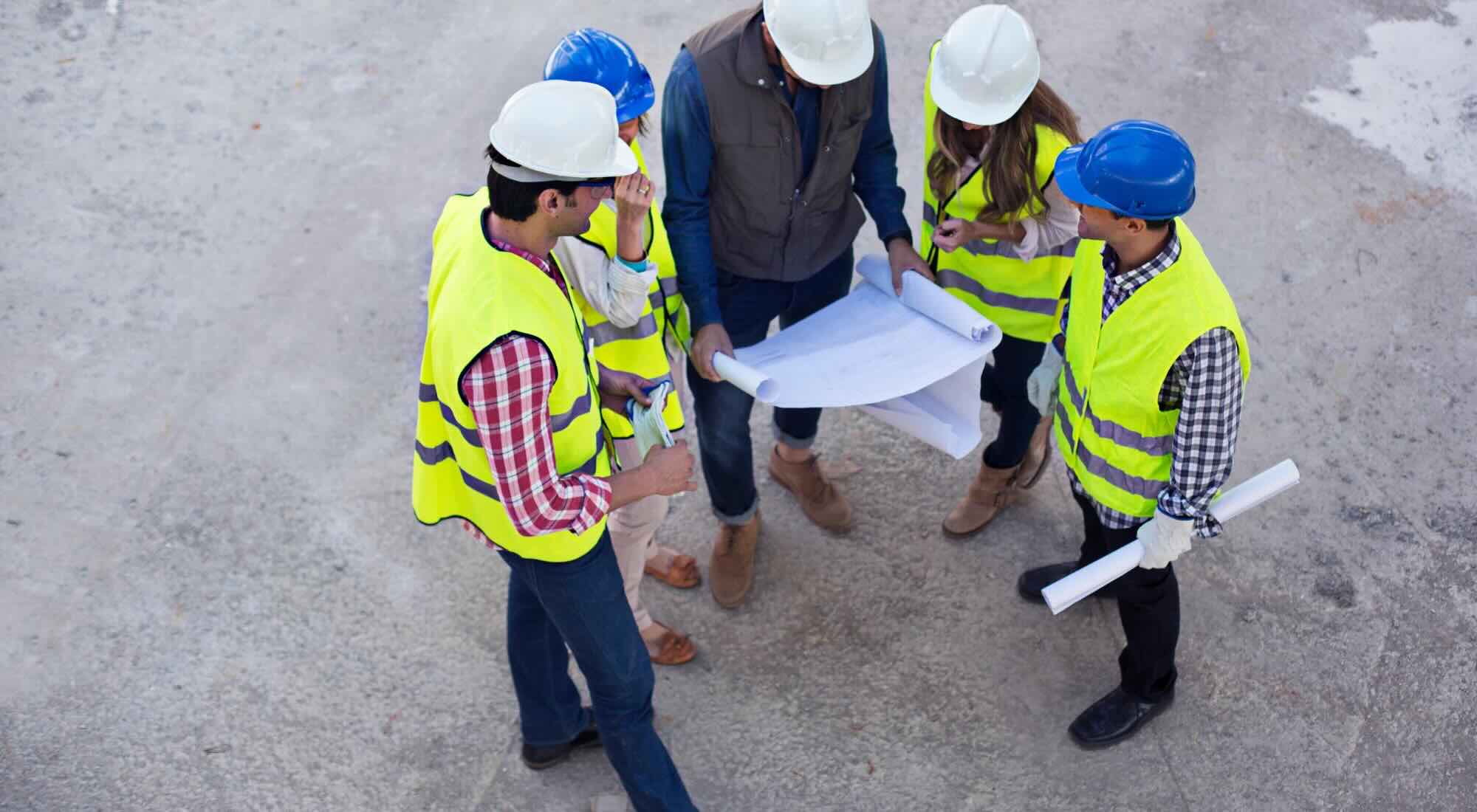
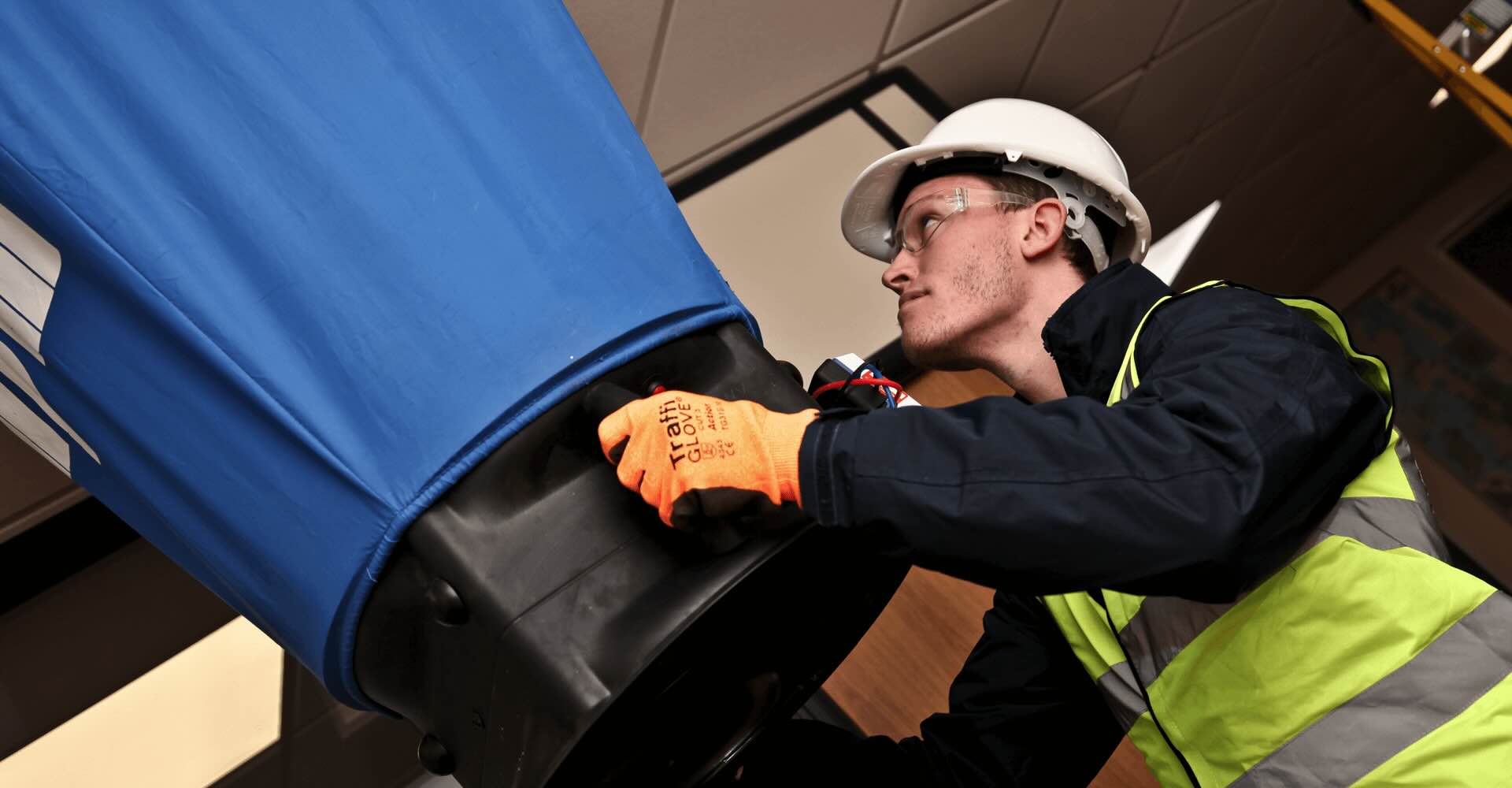
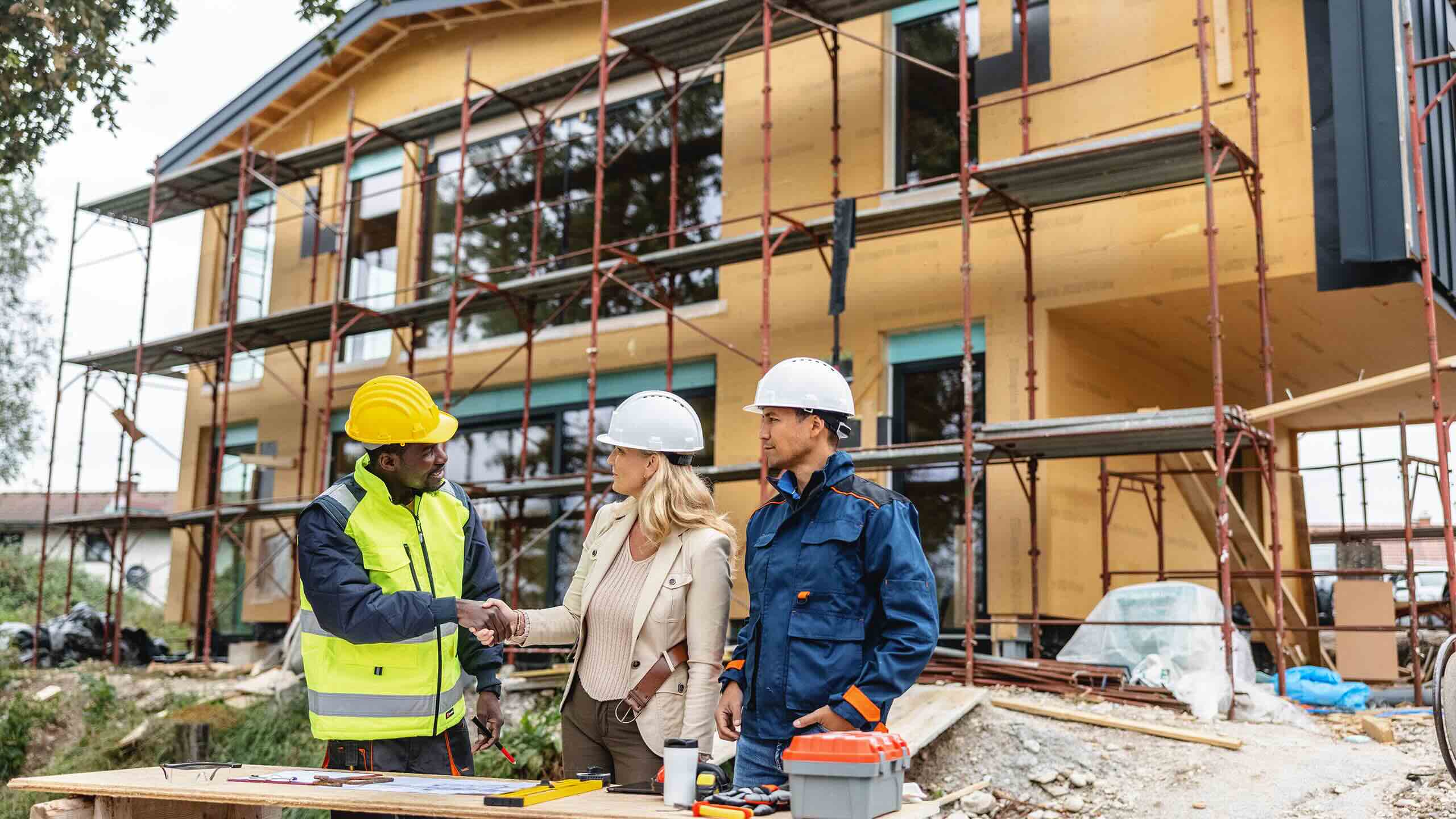
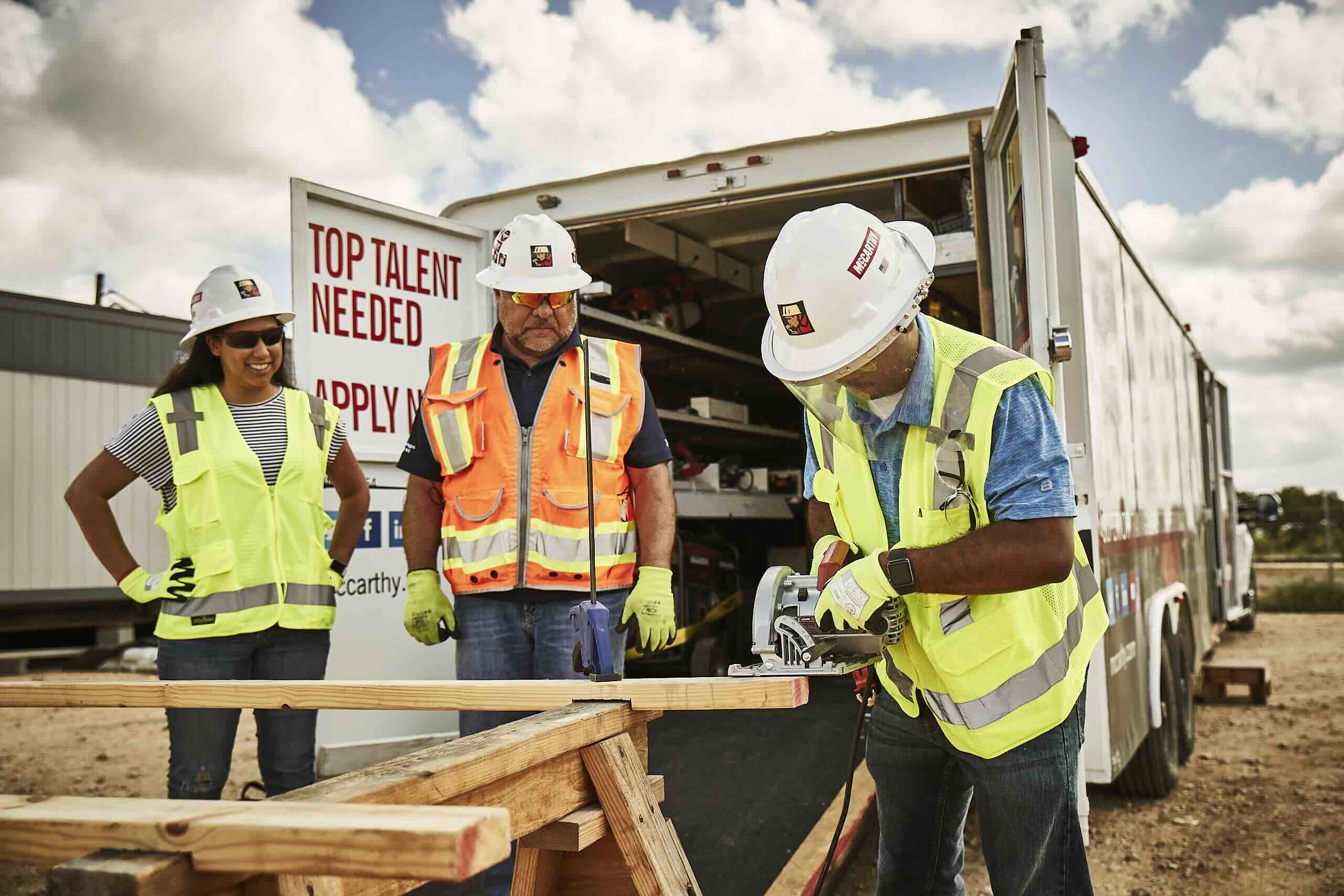

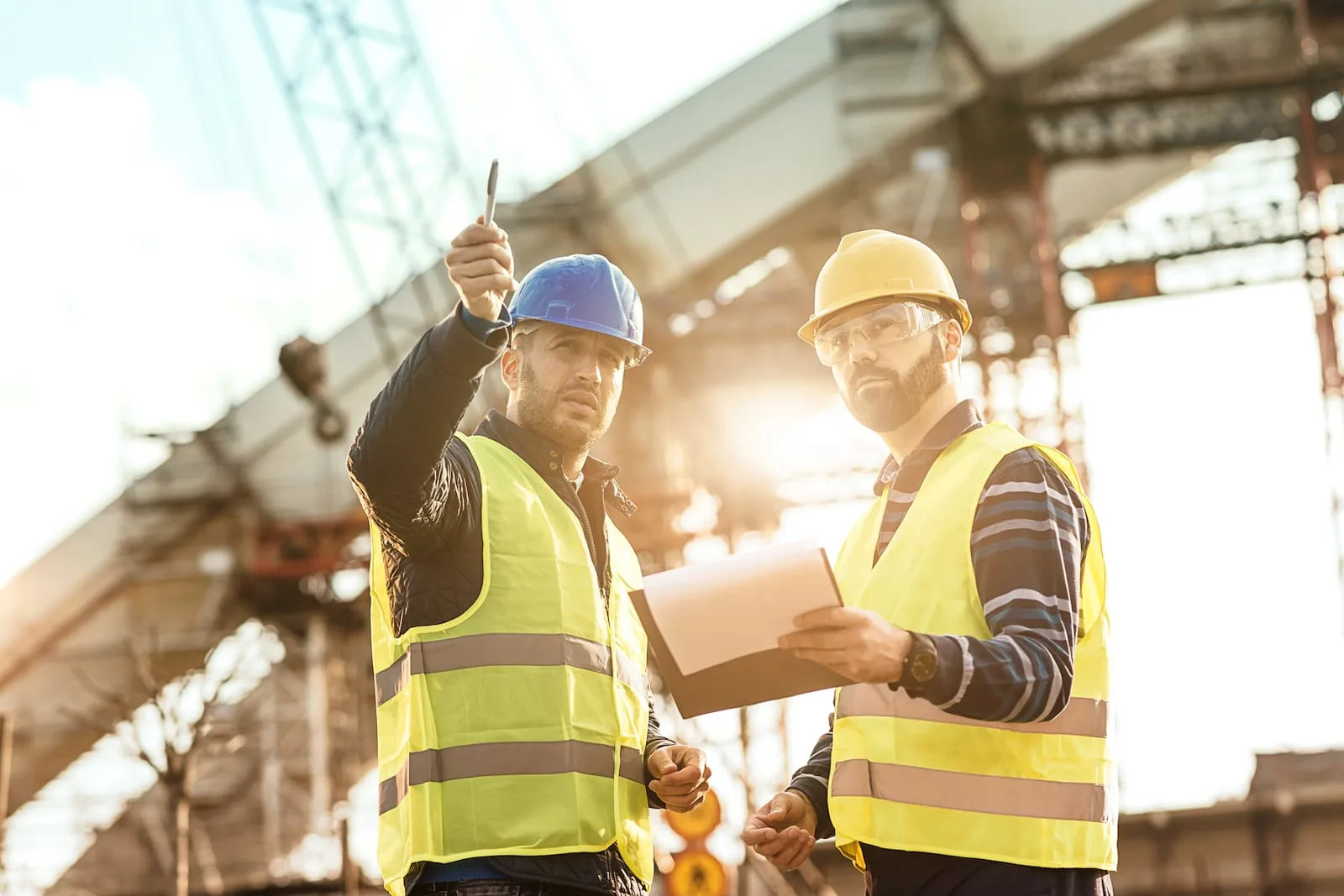
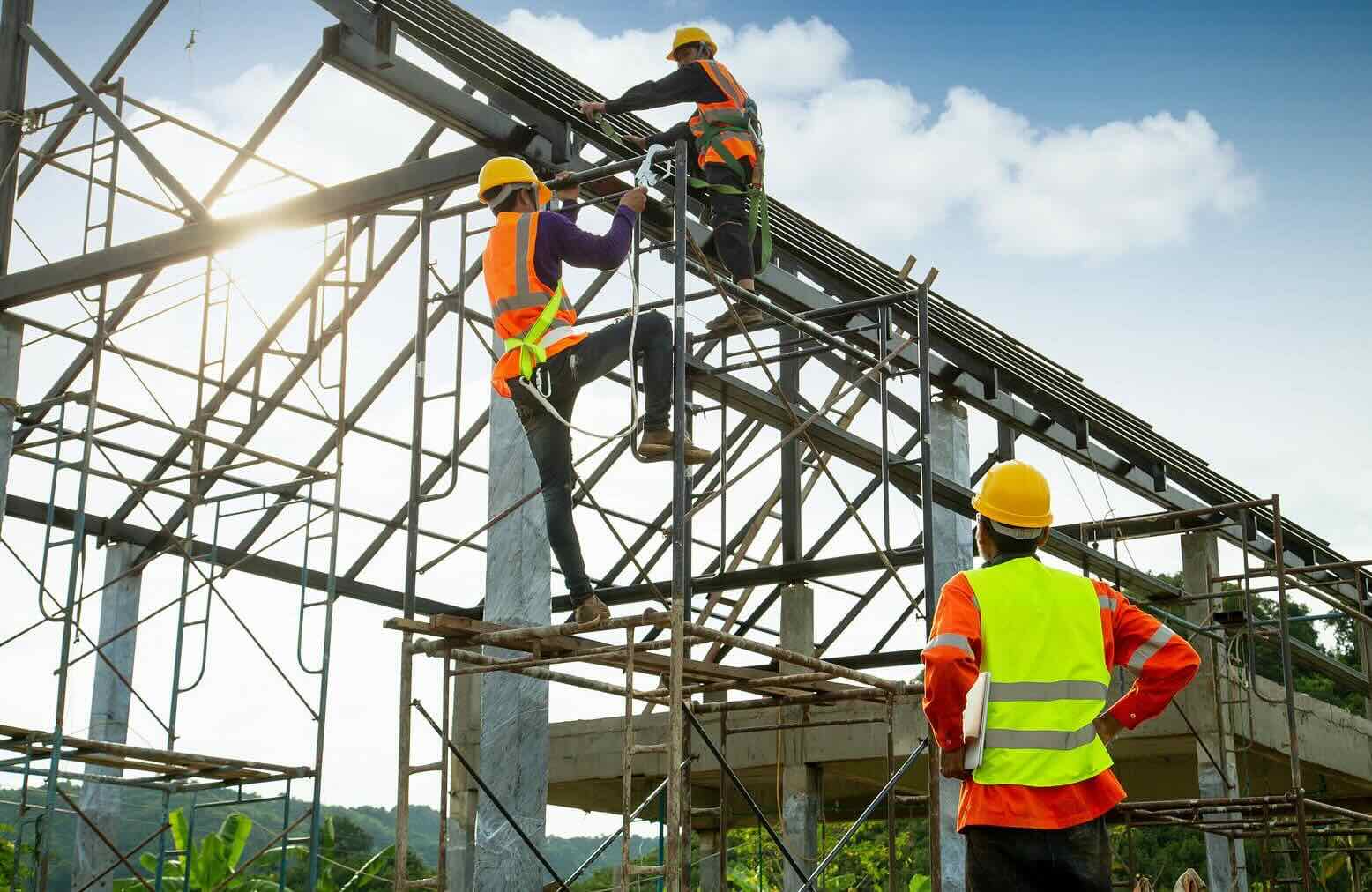
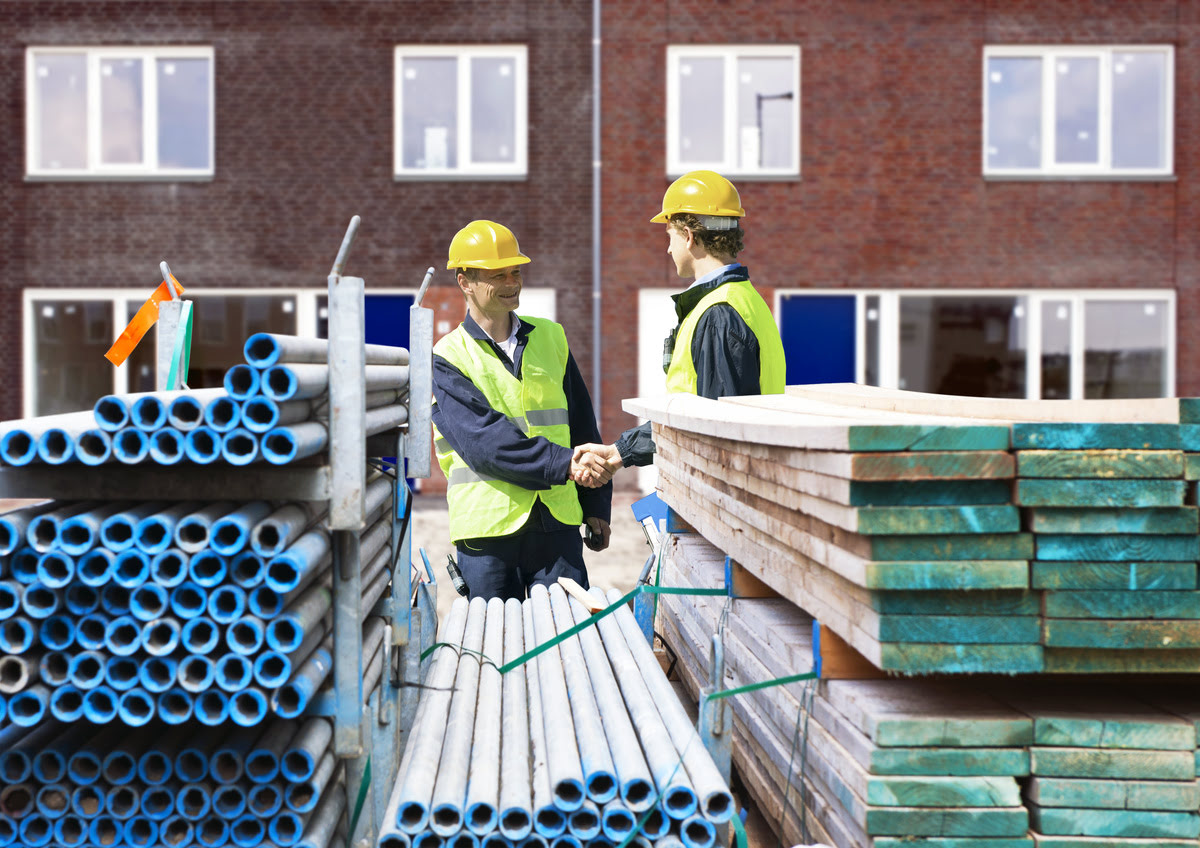
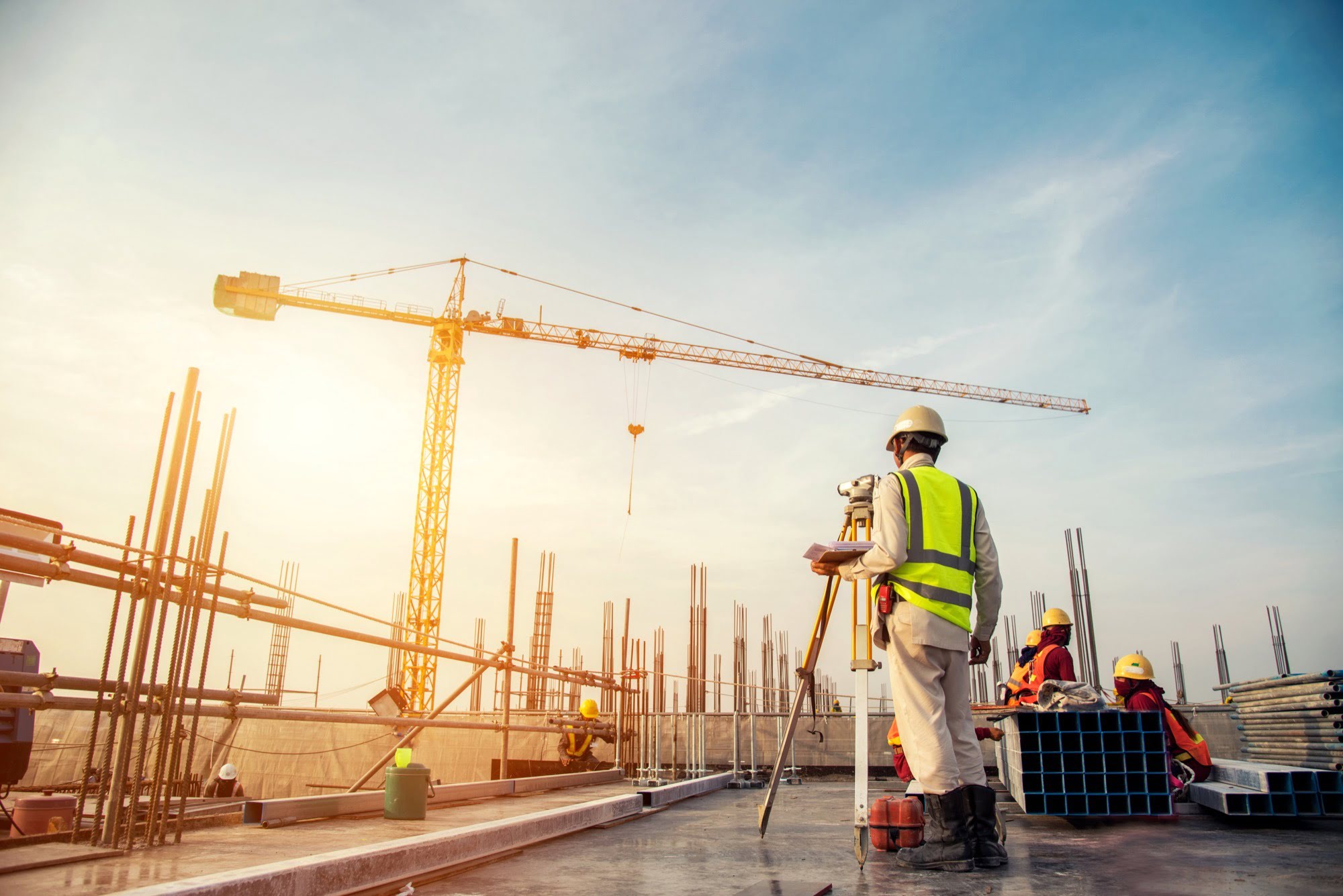
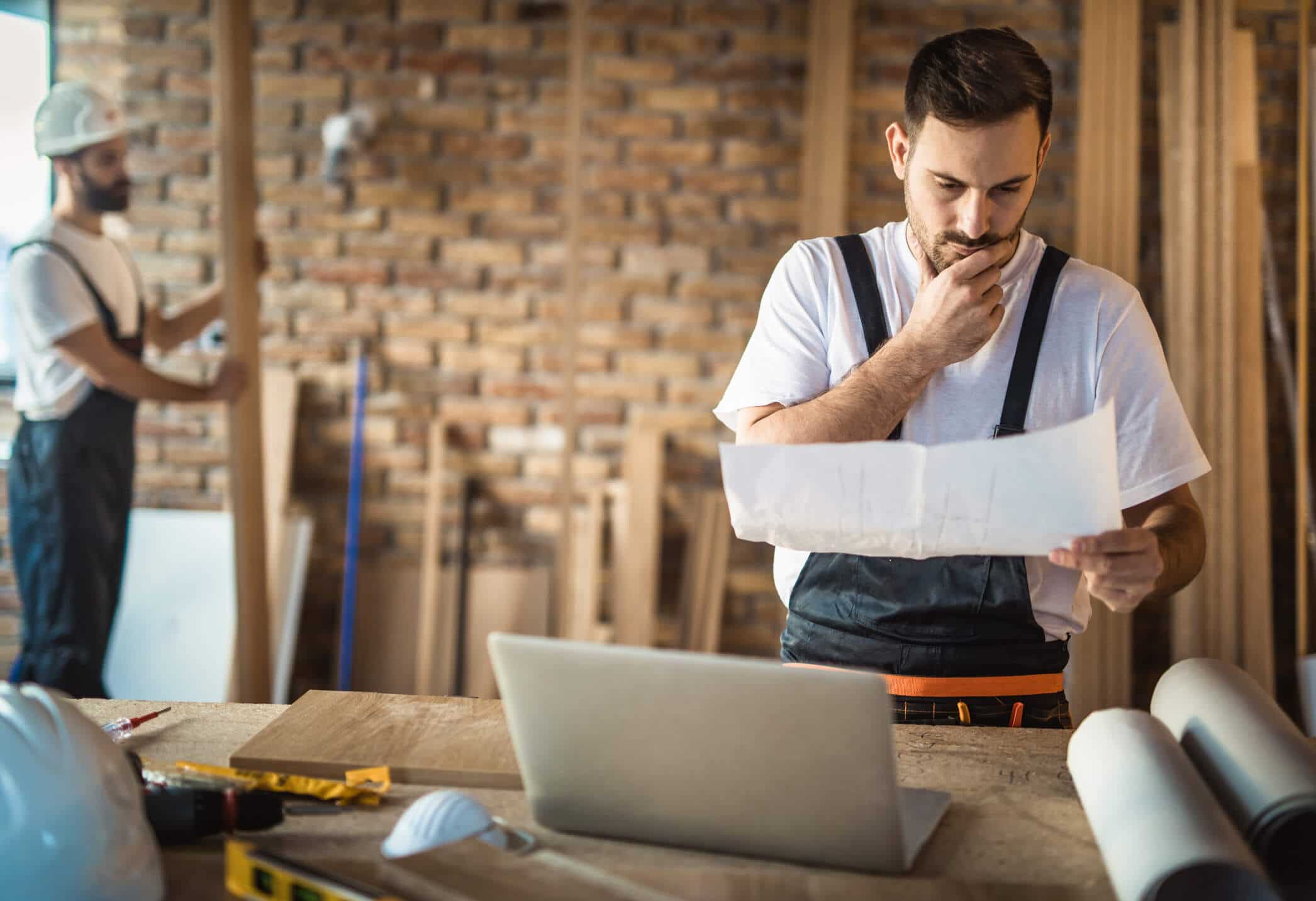
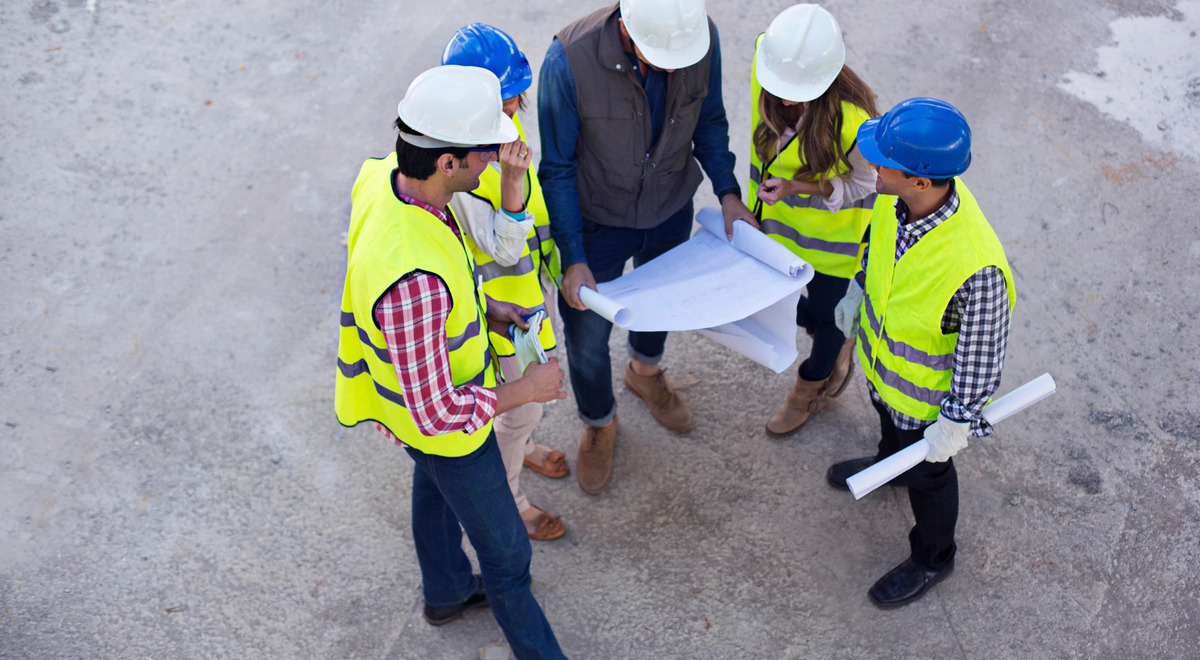
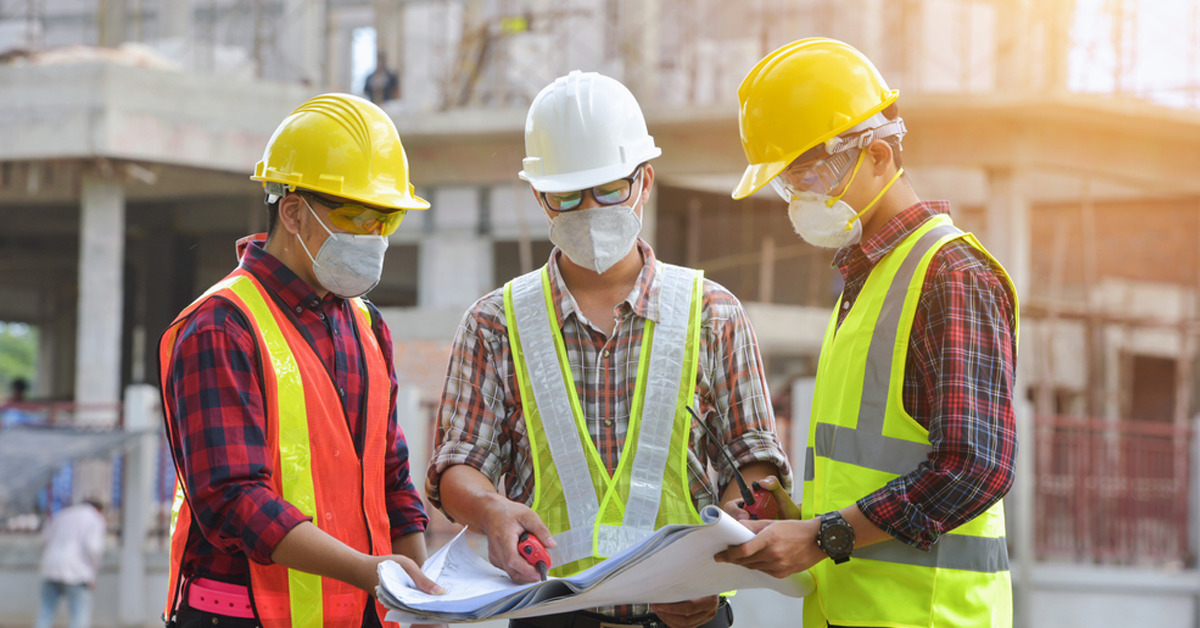

0 thoughts on “How Does Buying A Pre-Construction Condo Work”